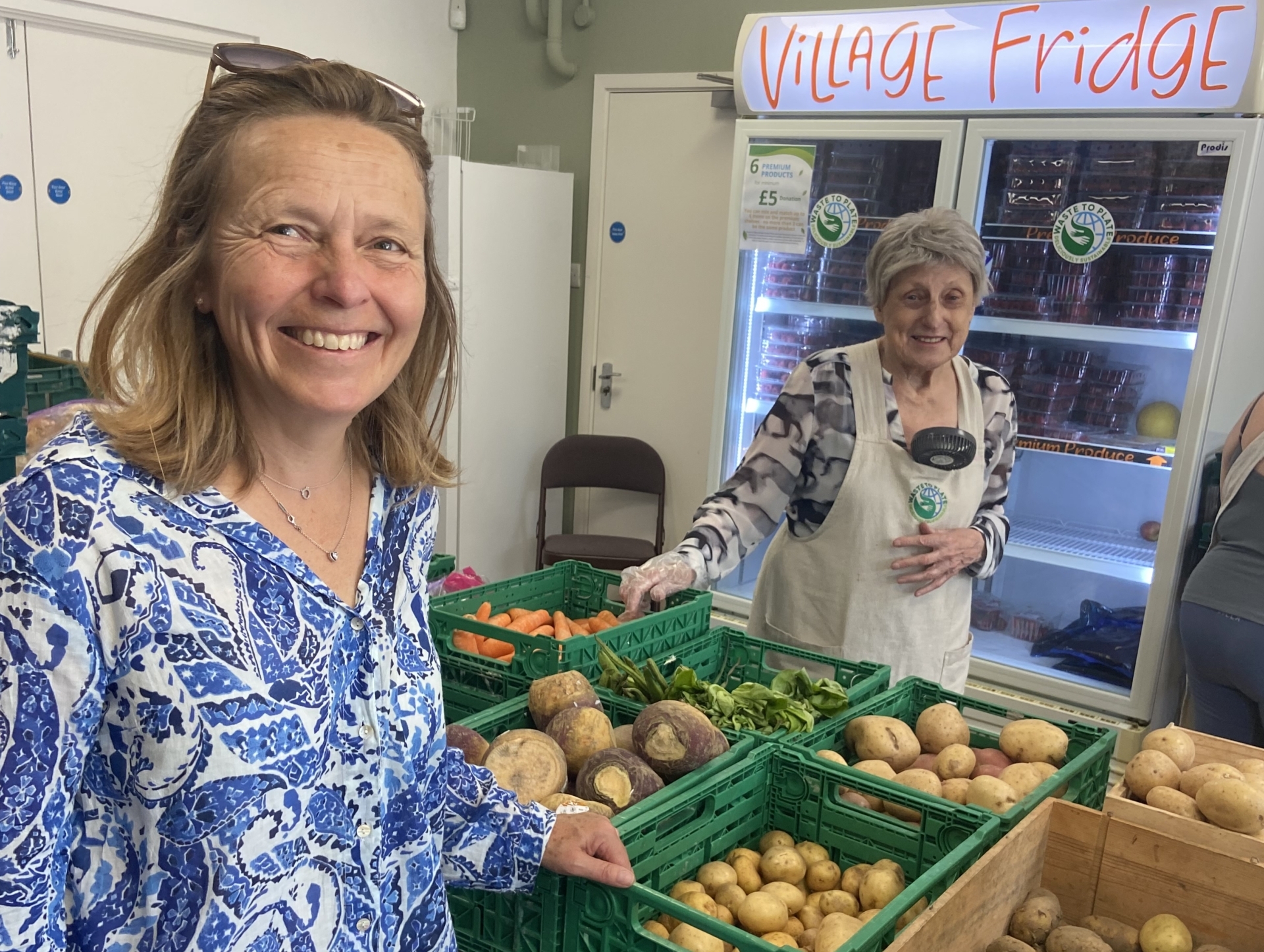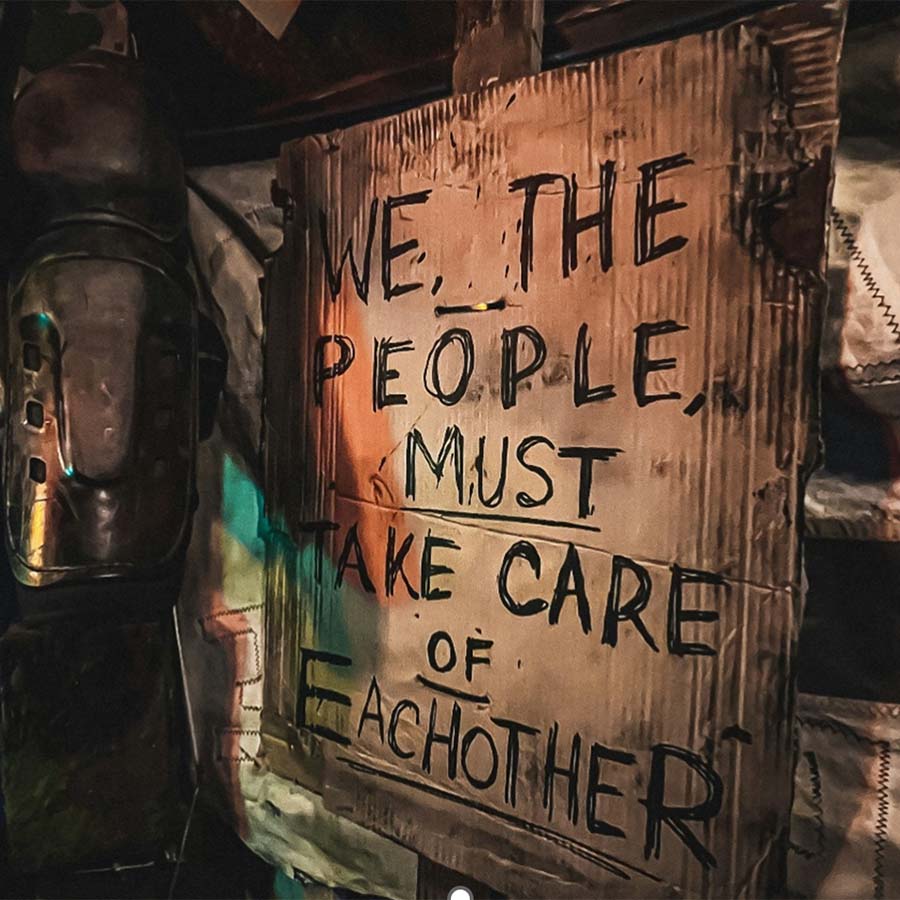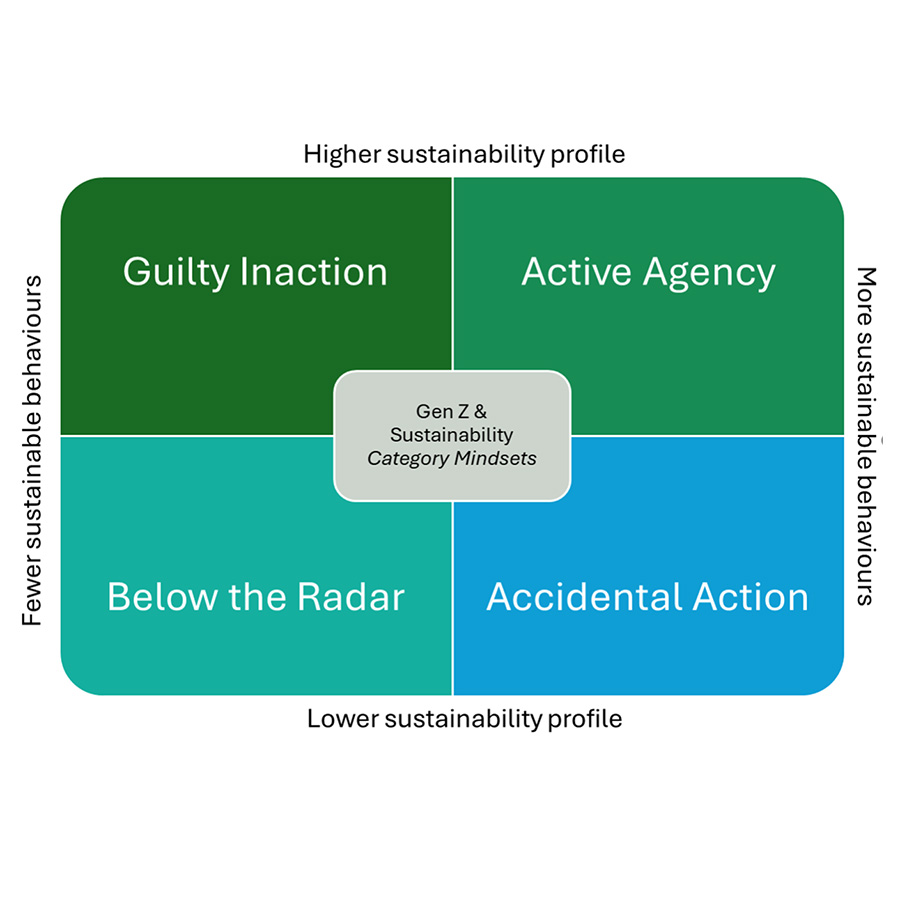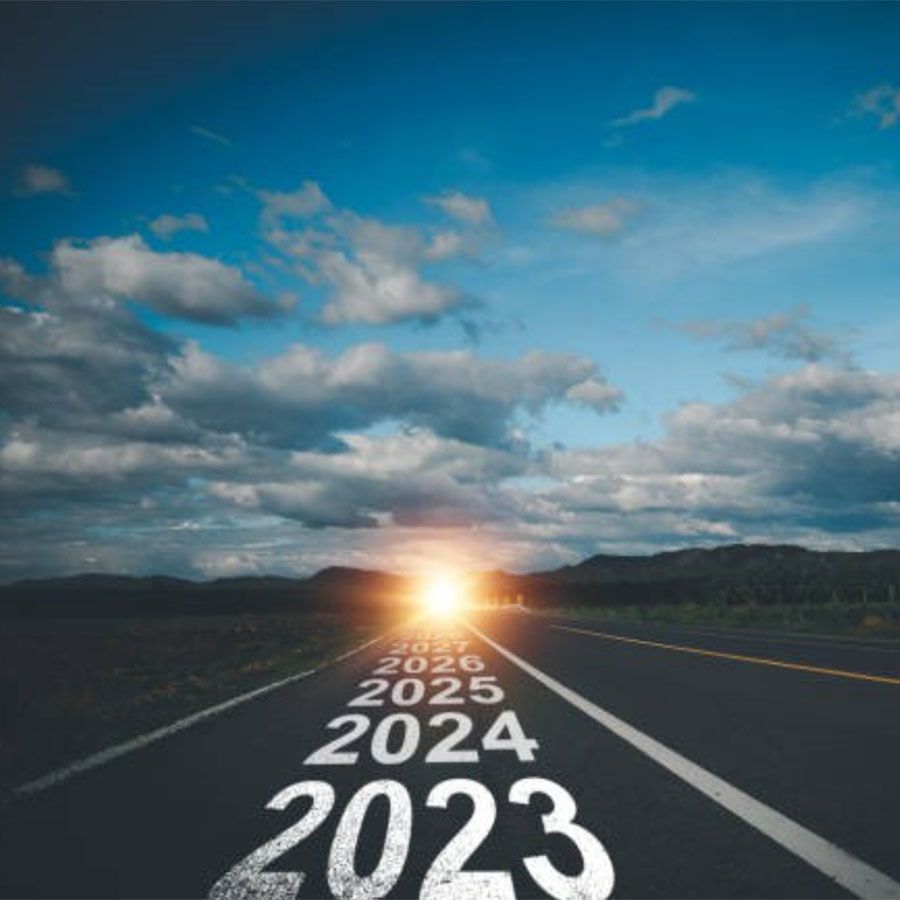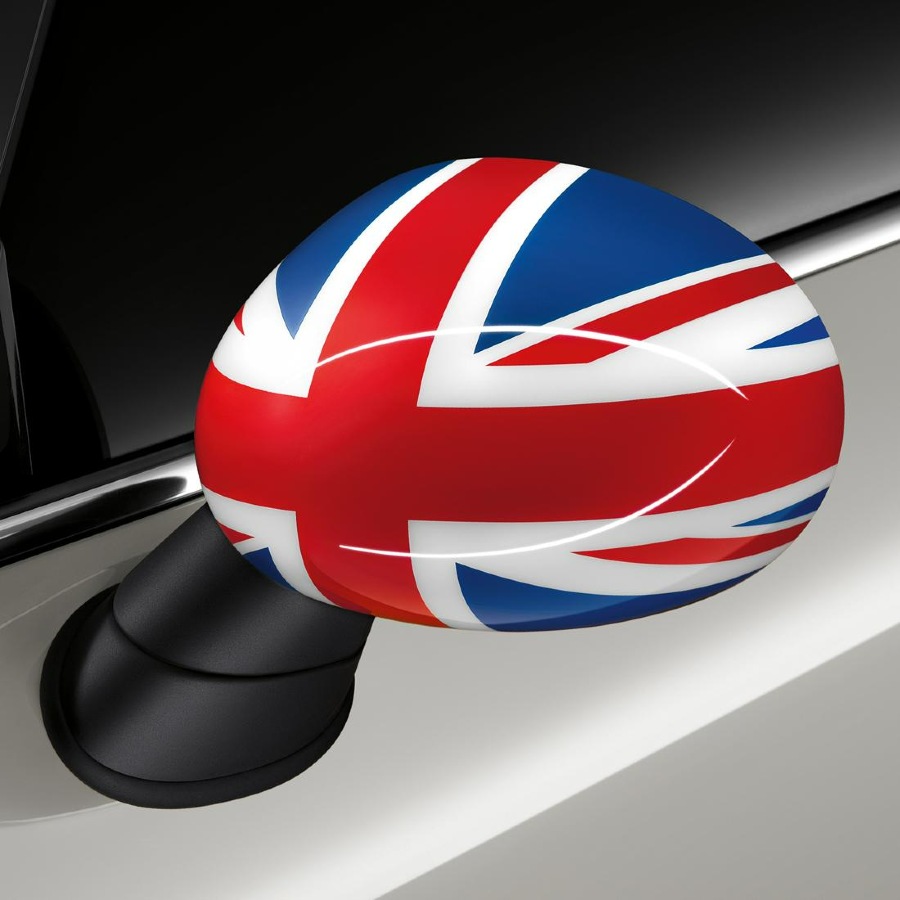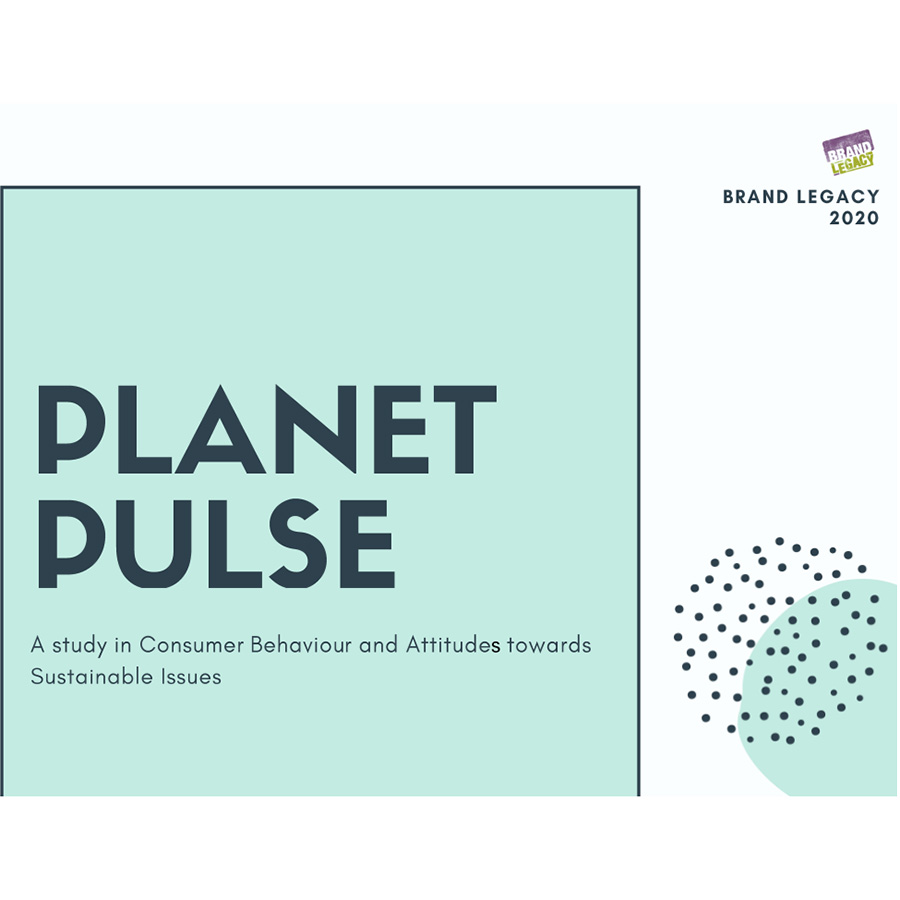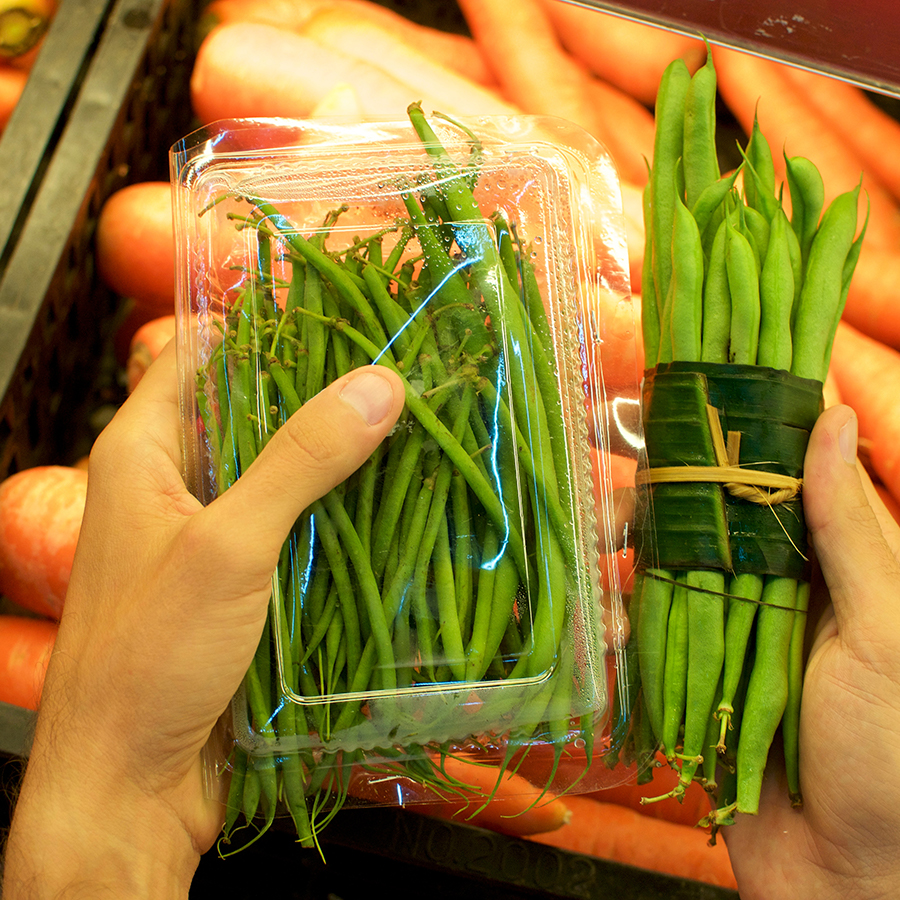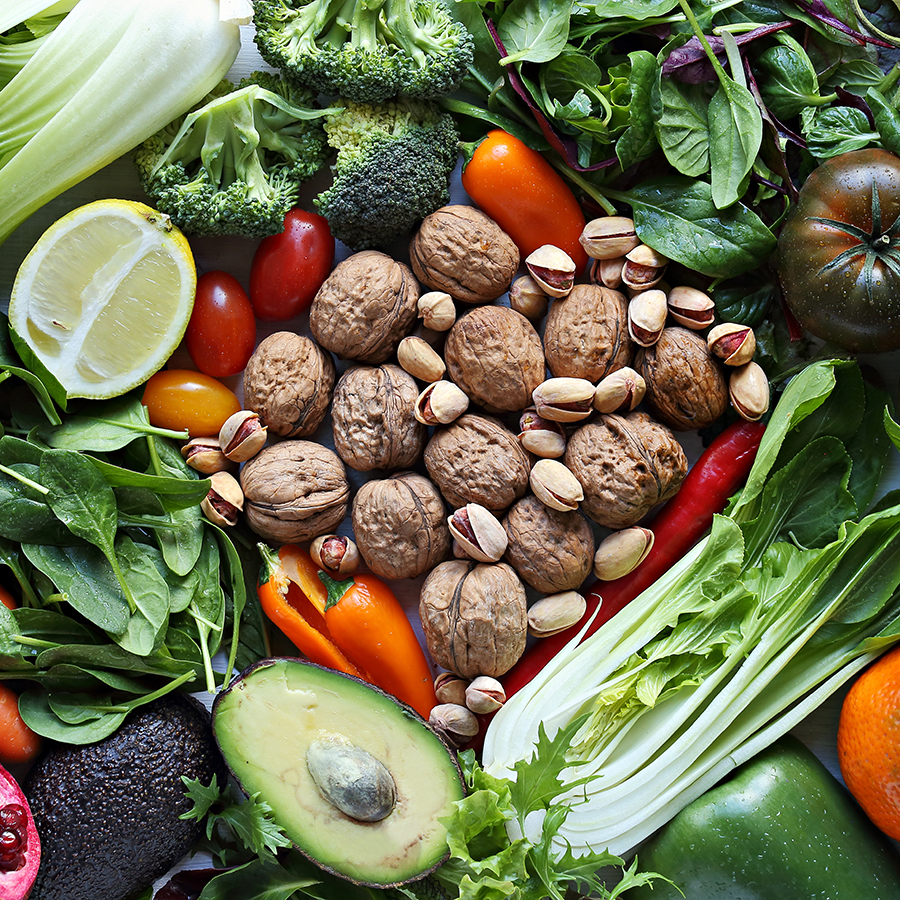Grassroots Climate Action in Action
During London Climate Action Week, we visited Vitality Village — a brilliant community-led [...]
From SEO to GEO- and why brand authenticity matters even more in the new AI world
AI is not only changing the way we work as [...]
Introducing… Gen Z and Sustainability: A Connected Lives Series
Marketeers understand the importance of Gen Z (born 1997-2013) as the consumers of tomorrow, so in our recent ‘Gen Z- Connected Lives’ study, we set out to get to know this generation a little better, and in particular their relationship to sustainability. Do Gen Z really care?
‘Sustainability’, according to Gen Z
Our Gen Z participants use the term ‘sustainability’ to include a broad variety of issues that start ‘green’ topics but go far further. For them sustainability encompasses social ethics, health and wellness, longevity of goods and energy usage as well as environmental matters.
Why Social Sustainability resonates with Gen Z
As we explored sustainability with our Gen Z participants, their most heartfelt reactions were prompted by the human & social aspects of sustainability.
Gen Z: Brands, boycotts and cancel culture
One hot topic that surfaced in our conversations with our Gen Z research participants was the increasing pressure on their ‘socials’ to boycott specific brands.
Unexpected Alliances: Gen Z’s love affair with health and wellness
Looking for Gen Z? Head to the gym! In this blog we explore Gen Z’s obsession with health and wellness - more so than any generation before - and how this links to sustainability. Going to the gym, making healthier food and drink choices, looking after mental health, were just some of the health & wellness priorities our participants talked about.
Sustainability: gender matters even more with Gen Z
Gender matters even more with Gen Z, who are the most divided on gender equality vs other generations, according to a recent global study from King’s College (2025).
Gen Z Category Mindsets
Gen Z is a generation that cares – about the planet, about ethics, and about the impact of their choices – but not all product categories are equal in their eyes. A key consideration when seeking to connect with Gen Z is understanding their specific outlook & behaviour on sustainable issues in your category.
Connected Generations: The reverberation effect
We asked our research participants if they believed that too much responsibility is placed on Gen Z to fix the climate crisis. Did they believe that older generations did the damage and should be the ones to fix it?
Looking forward: future Gen Z engagement with sustainability
Looking ahead, these factors are likely to shape Gen Z's sustainability engagement......
Unboxing ChatGPT
How afraid of ChatGPT should marketing and insight professionals be? Yes, we can harness its potential to deliver predictable solutions in a smarter, agile way... But we humans still have a vital role to play in making creative leaps, using our imagination , making ethical judgements and narrating the ambiguities of true human experience.
Unlocking the ‘soft power’ of British brands (with a nod to the Coronation)
With the Coronation nearly upon us we take a look at how British brands can capitalise on their Britishness.
Can the energy drink category change its clothes: from baddie to goodie?
This week, around 50000 runners will take part in the London Marathon, and among the official partners is Lucozade Sport, the sister brand to Lucozade Energy. We take a look at energy drink brands and consider their perceptions as 'goodies' or 'baddies'.
Bear Necessities
Macho adventurer Bear Grylls has publicly renounced his vegan lifestyle. And he’s not the only high profile celeb to do so. What might this augur for the little green tick of ‘health’?
A study in Consumer Behaviour and Attitudes towards Sustainable Issues
Study Objectives How do people's attitudes translate into personal behaviour around sustainable issues and how did tis change in the first lockdown? Which sustainability issues matter and how much do people feel they can make a difference?
Lockdown prompts more scratch cooking and less food waste – but will it last?
We asked 1,000 UK consumers to tell us how lockdown had changed their habits in shopping for food, preparing it and consuming it, and found that the biggest claimed changes were around preparing more meals from scratch and wasting less food.
Has lockdown halted progress on reducing plastic packaging?
We recently asked 1,000 UK consumers to tell us about their main environmental concerns, and plastic waste is clearly right up there alongside climate change.
Did Lockdown provide a further nudge towards a plant-based diet?
We recently asked 1,000 UK consumers (aged 18 – 64) if during lockdown they had adopted a more fully plant – based diet.
Was the ‘lockdown lifestyle’ more environmentally friendly?
While the UK public might have appreciated the environment more during lockdown, did they actually think their own lifestyle changed in a way that benefitted the environment?

